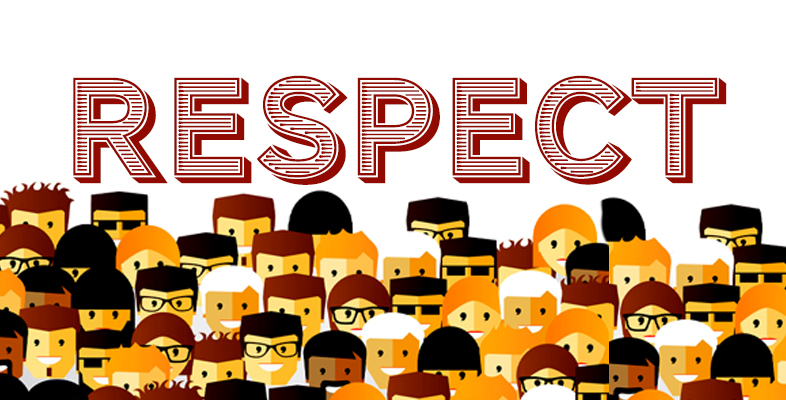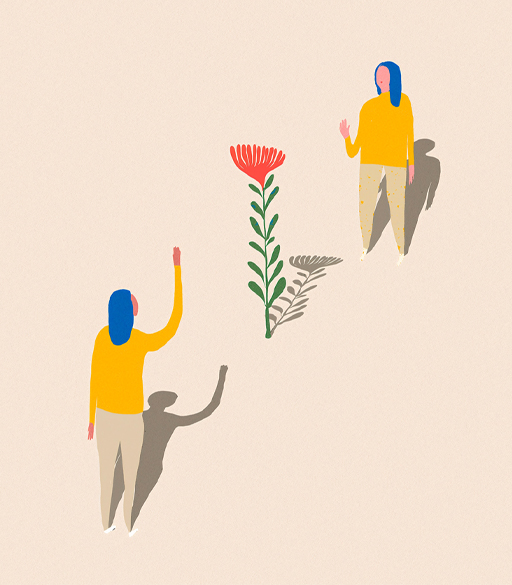4.3 Researcher safety and wellbeing
You have already reflected on how ethics involves a balance of risk and benefits. As well as responsibilities to participants, researchers also have to balance their own safety and that of those in their team. The risks considered may be physical or psychological.
In general, the risk should not be greater than would be expected in everyday circumstances. Ethics committees will want to be satisfied that there are contingency plans for sensitive topics. In the case of COVID-19, given the risk to public health, researchers will also need to rethink whether face-to-face work is necessary. Researchers need to be alert for each other’s wellbeing, whereabouts and safety, and team support can help fellow researchers to demonstrate resilience and self-care.
Activity 8 Resilience and safety is everyone’s responsibility
Building on your awareness of BERA ethical guidelinesintroduced in previous sessions, now look in detail at the section on safeguarding and answer the prompts underneath:
84. Safeguarding the physical and psychological wellbeing of researchers is part of the ethical responsibility of employing institutions and sponsors, as well as of researchers themselves. Safety is a particular concern in qualitative research, as researchers may be conducting fieldwork in situations that are potentially risky. Researchers should be aware of the legal responsibilities as well as the moral duty of institutions towards the safety of staff and students. Institutions, sponsors and independent researchers should consider whether an in-depth risk assessment form and ongoing monitoring of researcher safety is appropriate, especially for those undertaking fieldwork, working abroad and/or investigating sensitive issues; this may be mandatory for postgraduate students. Researchers, principal investigators, students and their supervisors should ideally be offered training on researcher safety. Specialist training should be made available to researchers entering conflict or post-conflict settings internationally, or areas with high risk of disease
Identify a research topic and context you are interested in.
Think about:
- Which of the following suggestions could support researcher safety and wellbeing in that context?
Insert an X in the box alongside all those that might apply to you.
| Suggested actions | Insert X | |
| 1. | Conducting research online if possible | |
| 2. | Avoiding working alone where possible | |
| 3. | Avoiding taking expensive recording equipment to the field | |
| 4. | Conducting risk assessments or safety training in advance | |
| 5. | Carrying out a literature review as an alternative | |
| 6. | Setting up a person or service for emotional support and debriefing | |
| 7. | Avoiding all research on sensitive or political topics | |
| 8. | Working with partners and gatekeepers who have local knowledge | |
| 9. | Having a working mobile phone and key contacts | |
| 10. | Reporting to those who have responsibility for you if you are unwell |
Discussion
There are no ‘right’ answers to this section as they will depend on the research circumstances you were imagining, but they should help you consider options for researcher safety in your future research.

